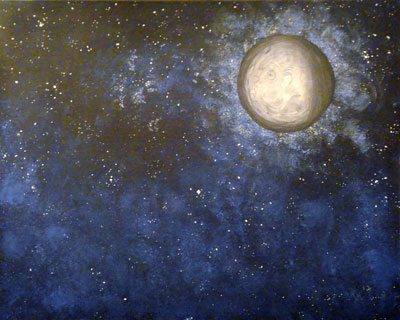All Nonfiction
- Bullying
- Books
- Academic
- Author Interviews
- Celebrity interviews
- College Articles
- College Essays
- Educator of the Year
- Heroes
- Interviews
- Memoir
- Personal Experience
- Sports
- Travel & Culture
All Opinions
- Bullying
- Current Events / Politics
- Discrimination
- Drugs / Alcohol / Smoking
- Entertainment / Celebrities
- Environment
- Love / Relationships
- Movies / Music / TV
- Pop Culture / Trends
- School / College
- Social Issues / Civics
- Spirituality / Religion
- Sports / Hobbies
All Hot Topics
- Bullying
- Community Service
- Environment
- Health
- Letters to the Editor
- Pride & Prejudice
- What Matters
- Back
Summer Guide
- Program Links
- Program Reviews
- Back
College Guide
- College Links
- College Reviews
- College Essays
- College Articles
- Back
Get Sucked In!
How would you like to go into a black hole in space and possibly get sucked into another universe? With black holes being almost everywhere in space, if you look carefully, you may be able to find one with a special kind of telescope.
Black holes are dead stars that have collapsed on themselves because of gravity. Nothing can escape a black hole... not even light. That makes the gravity in a black hole stronger than our own sun's gravitational pull!
Black holes are formed when cores of stars more than about 6 times the mass of our sun reach a stage late in their lives where the merger reactions in their cores are creating such a high rate of leptons (also known as subatomic particles) that the leptons carry away badly needed energy from the core. This causes the core to collapse and heat up as the responses 'burn' at higher temperatures. This produces more leptons and the process runs away. As the core collapses, the density becomes so high that suddenly the leptons cannot get out, and within a few hours the stored energy causes the star to go off. This produces an inward shock that compresses the core matter to the point it can't support itself. When the core reaches the black hole horizon size for that mass, it becomes a black hole as it causes a large explosion known as a supernova.
An worldwide group of astronomers and scientists has found that some black holes leave a signature on passing energy that should be noticeable using the world's highly sensitive radio telescopes. Observing this, they say, could tell us more about how galaxies develop and furnish a test of Albert Einstein's general theory of relativity. His theory states that super-massive objects like black holes warp space-time, bending the path of light that passes in front of them - an event known as gravitational lensing.
There are many black holes in our universe, but how close is too close?
Studies show that if a black hole is close enough to our galaxy, it will swallow our planet and the others around us. They also believe that the Big Bang will be eventually followed by the Big Crunch, where every thing gets closer and closer together and eventually crashes together and causes another universe to bud off of ours. Some astronomers believe that black holes can be used as wormholes, or shortcuts through space. Others believe that our universe is actually a mega-massive black hole itself.
There are millions upon millions of black holes in our universe, just waiting to be discovered. The youngest one found so far is only 30 years old. That's really young.Maybe even you will find one!

Similar Articles
JOIN THE DISCUSSION
This article has 0 comments.
